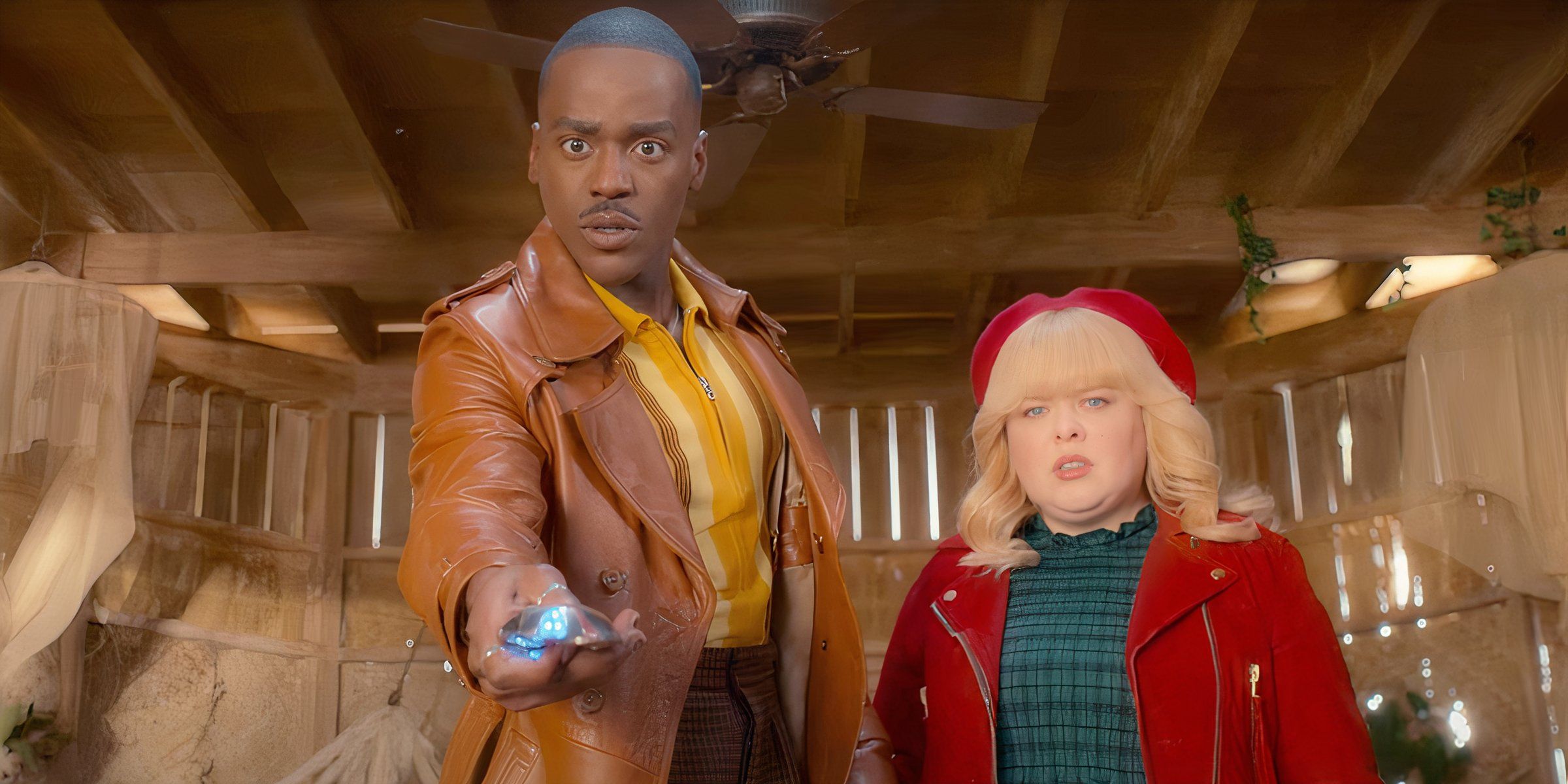
The Doctor, the iconic time-traveling protagonist of *Doctor Who*, is renowned for his seemingly unwavering ability to save the day. Episode after episode, he confronts alien threats, Daleks, and even mischievous toymakers, consistently thwarting evil and rescuing those in peril. This almost-unbreakable pattern of success has become a familiar trope, leading viewers to expect a triumphant resolution, no matter how dire the circumstances.
However, the recent *Doctor Who* Christmas special delightfully subverted this expectation. For the first time in a while, the Doctor failed to single-handedly save the world. This unexpected turn of events was a breath of fresh air, proving that even the ultimate science fiction hero doesn’t always have to win, and opening up exciting narrative possibilities for the future.
The Christmas special centered on the Doctor’s desperate attempt to prevent a star from exploding and destroying a planet. He tirelessly pursued various solutions, creating intense drama that captivated audiences. Yet, against all expectations, the Doctor ultimately failed to avert the catastrophe. Instead, his temporary companion, Joy, made the ultimate sacrifice, absorbing the star and saving the world at the cost of her own life. This powerfully emotional moment, far from being a narrative misstep, showcased the Doctor’s vulnerability and humanized him in a way that resonated deeply with viewers.
The Doctor’s inherent power and near-invincibility often make him a difficult character to truly connect with. His consistent victories, while satisfying, create a distance between him and the audience. He’s a brilliant, otherworldly being who always wins – a difficult character to truly empathize with.
In contrast, witnessing the Doctor’s failure and the resulting death of a beloved character forged a deeper emotional connection with the audience. Even the poignant beauty of Joy’s sacrifice and her peaceful acceptance served to underline the Doctor’s imperfections. This relatable flaw makes him more accessible and human, fostering a stronger bond between the character and his viewers.
The choice to depict this particular iteration of the Doctor faltering was particularly astute. Each Doctor has their unique personality and skill set. Ncuti Gatwa’s Doctor, however, is portrayed as less confident and self-assured, especially now that his companion, Ruby Sunday, is no longer by his side. This vulnerability, and the accompanying loneliness, served as a powerful thematic undercurrent in the Christmas special, hinting at a deeper exploration of these themes in future episodes.
By showcasing the Doctor’s relatable struggles and vulnerabilities, *Doctor Who* enhances its narrative depth. Future episodes that continue to explore these aspects could prove to be some of the show’s strongest yet. While the monsters and comedic elements remain crucial to the show’s appeal, the Doctor’s character development and relatability are ultimately paramount.
While the Doctor will undoubtedly return to his heroic form, consistently saving countless lives, the understanding that he is fallible will elevate the stakes in future episodes. The possibility of loss will imbue the narrative with a palpable tension, enriching the viewing experience for audiences of all ages. This calculated injection of drama promises to make *Doctor Who* even more compelling in the seasons to come.

